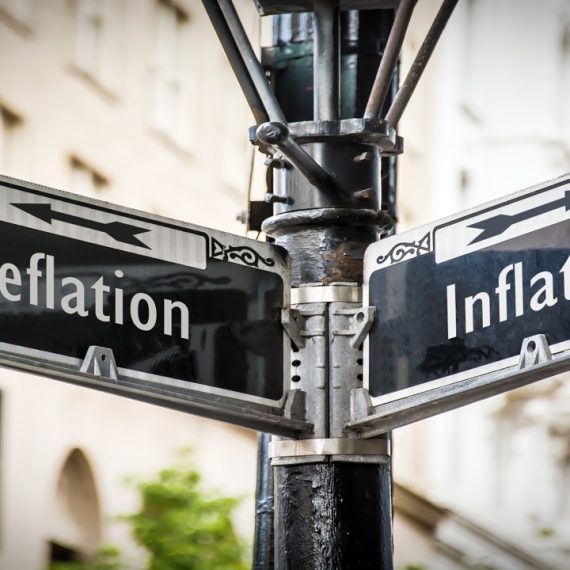November 17, 2010 – Iceland, Dubai, Greece – and now Ireland? Will the Emerald Isle be the next domino to fall as a consequence of too much debt accumulated during the boom-years?
It may be hard to believe, but Ireland is even more bankrupt than Illinois and probably even California. Due to the serial bailouts of its insolvent banking system, the Irish government’s budget deficit is a staggering and clearly unsustainable 32% of the country’s GDP.
Bank depositors have already taken flight. The Wall Street Journal reported yesterday that Ireland’s “banks are showing strains” because “a wave of big businesses and other institutions have pulled deposits out of Irish lenders, preferring to place them with safer-seeming banks in the UK and continental Europe”. As “a wave” of depositors leaves with their money, there is no question that Irish banks are on the brink of collapse, which means European banks stand to lose billions in an Irish bank debacle, further eroding their own financial condition.
For example, UK banks have $222 billion of exposure to Ireland, of which “about $42 billion” according to the WSJ is “to Ireland’s battered banking sector”. German banks have $206 billion exposure to Ireland, of which $46 billion, the WSJ estimates, is to Irish banks. When France, Spain and the other EU countries are added in, European bank exposure to Ireland could run well over $100 billion, and probably does because EU officials are now talking about a €100 billion ($136 billion) rescue package for Ireland – hmmm, I mean a rescue package for European banks because that is who will really benefit. So where is this money coming from? The ECB will create it – as the saying goes – ‘out of thin air’.
The ECB already demonstrated last May during the height of the Greek debt crisis that it will bend to the will of EU politicians. The ECB started buying Greek government debt back then, breaking a long-standing promise not to do so. In the process, it also violated the most fundamental building block upon which it was formed – namely, that the ECB would remain independent of political control like the Bundesbank, the model upon which the ECB was to be based.
So barely six months after bailing out Greece with a massive giveaway that placed a burden on the rest of the EU and called into question the fundamental worth of the euro, EU officials are again facing the disintegration on the fringes of the cockamamie empire of Brussels’ bureaucrats. Another European domino is ready to fall, and after it topples, a lot more are lined up around the globe, including the biggest debtor of them all – the US government.

 My objective is to share with you my views on gold, which in recent decades has become one of the world’s most misunderstood asset classes. This low level of knowledge about gold creates a wonderful opportunity and competitive edge to everyone who truly understands gold and money.
My objective is to share with you my views on gold, which in recent decades has become one of the world’s most misunderstood asset classes. This low level of knowledge about gold creates a wonderful opportunity and competitive edge to everyone who truly understands gold and money.
